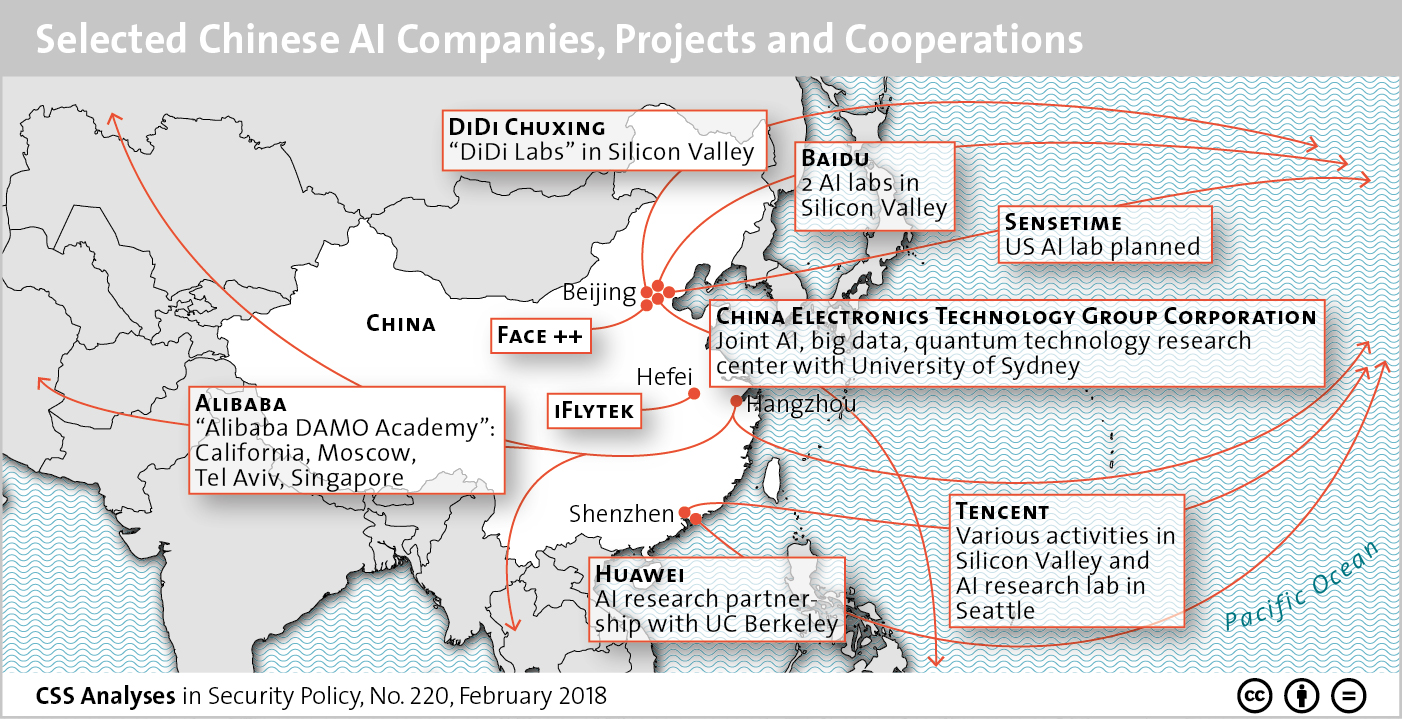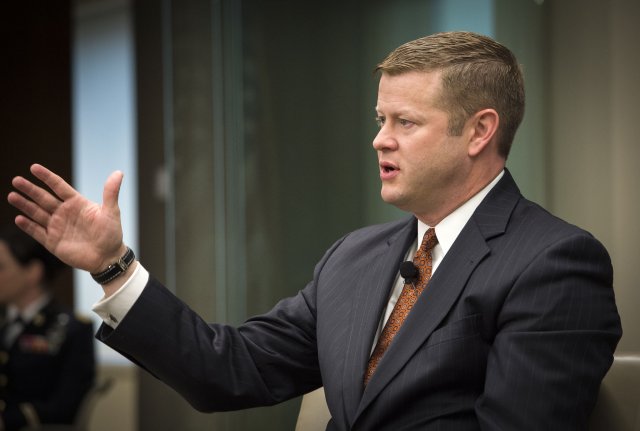By DAVID WISE
 With all the focus on Russian meddling in the 2016 election, the damage done by China’s vigorous and continuing espionage against the United States has taken a back seat. The preoccupation with Russia, in fact, has obscured the significant inroads made by Chinese intelligence and cyberspies. In some cases, China has proved more skillful than Russia in infiltrating American intelligence. A case involving a former C.I.A. officer named Jerry Chun Shing Lee is a perfect example. Beginning in 2010, C.I.A. sources in China began disappearing; a dozen were reported executed and several more imprisoned. What had seemed a major success in establishing a network of C.I.A. spies inside China had been turned into a devastating intelligence failure. The C.I.A. and F.B.I., suspecting a mole, went on a secret hunt.
With all the focus on Russian meddling in the 2016 election, the damage done by China’s vigorous and continuing espionage against the United States has taken a back seat. The preoccupation with Russia, in fact, has obscured the significant inroads made by Chinese intelligence and cyberspies. In some cases, China has proved more skillful than Russia in infiltrating American intelligence. A case involving a former C.I.A. officer named Jerry Chun Shing Lee is a perfect example. Beginning in 2010, C.I.A. sources in China began disappearing; a dozen were reported executed and several more imprisoned. What had seemed a major success in establishing a network of C.I.A. spies inside China had been turned into a devastating intelligence failure. The C.I.A. and F.B.I., suspecting a mole, went on a secret hunt.









/arc-anglerfish-arc2-prod-mco.s3.amazonaws.com/public/Y7YTAUILJRBCJAR24KTGBWXREU.jpg)


/arc-anglerfish-arc2-prod-mco.s3.amazonaws.com/public/LRGL43BD7RD4XKSQQJUIOYSBEE.jpg)


